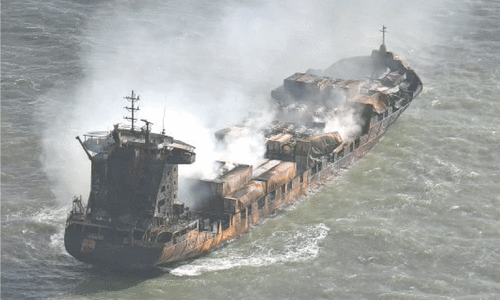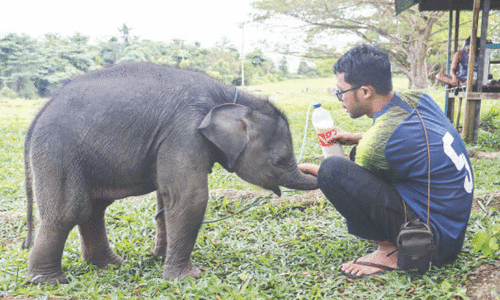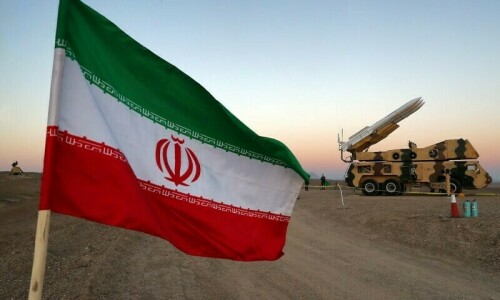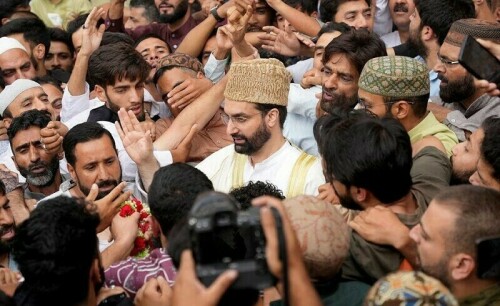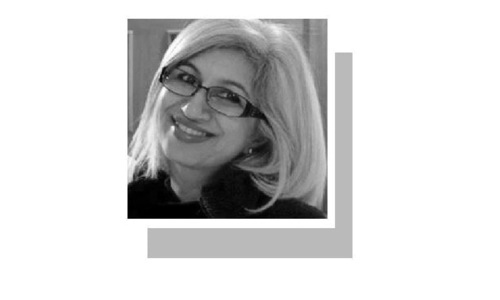SEOUL: A fifth round of talks aimed at securing an international treaty to curb plastic pollution had seen slow progress as the halfway point approaches, delegates said on Wednesday, fuelling doubts that a deal can be reached by a Dec 1 deadline.
South Korea is hosting the fifth and final UN Intergovernmental Negotiating Committee (INC-5) meeting to yield a legally binding international treaty this week.
Although three of a planned seven days of talks have passed, they have yet to yield an agreed text, and talks on financing to help developing countries implement the treaty had not completed line-by-line negotiations, delegates said on Wednesday.
Petrochemical-producing nations such as Saudi Arabia and China have strongly opposed efforts to target plastic production, over the protests of countries that bear the brunt of plastic pollution such as small island nations and low- and middle-income countries.
Petrochemical-producing nations oppose efforts to target plastic production
“It’s very, very clear that countries want this deal,” Inger Andersen, executive director of the UN Environment Programme, told reporters on Wednesday. “We need to see text on the table tomorrow.” Progress appeared slowest on divisive issues such as plastic production caps and waste management.
In some cases “discussions have taken us back to the situation of prior meetings”, a delegate from Colombia said during a stocktaking plenary session on Wednesday, including in “areas where it should be simpler to find areas of convergence” such as plastic waste management.
Many delegates expressed frustration over the slow pace, the multitude of proposals, and disagreements over procedure. “The frustration is very much procedural,” said Eirik Lindebjerg, global plastics policy lead at environmental group World Wide Fund for Nature, saying countries that want an ambitious treaty should not bargain with those slowing down the process.
‘We are sincere’
Other representatives accused some participants of failing to engage in good faith and actively seeking to drag out the talks.
They did not name countries directly, but diplomats speaking on condition of anonymity have repeatedly said Russia, Saudi Arabia and Iran are holding up proceedings and showing little willingness to compromise. All three countries took the floor to hit back.
“We are sincere, we are honest and we are ready to cooperate,” said Iran’s Massoud Rezvanian Rahaghi. “But we do not want to be blamed for blocking negotiations through dirty tactics.”
Russian representative Dmitry Kornilov meanwhile blasted the “unacceptable” accusations and warned delegates to abandon the most contentious parts of the draft discussions. “If we are serious about this then we must concentrate on provisions that are acceptable to all delegations,” he said.
‘Bold moves’
The main fault line in talks lies over whether the treaty should address the full lifecycle of plastic, including potential limits to its production, chemical precursors and certain products considered unnecessary, including many single-use items.
Published in Dawn, November 28th, 2024


